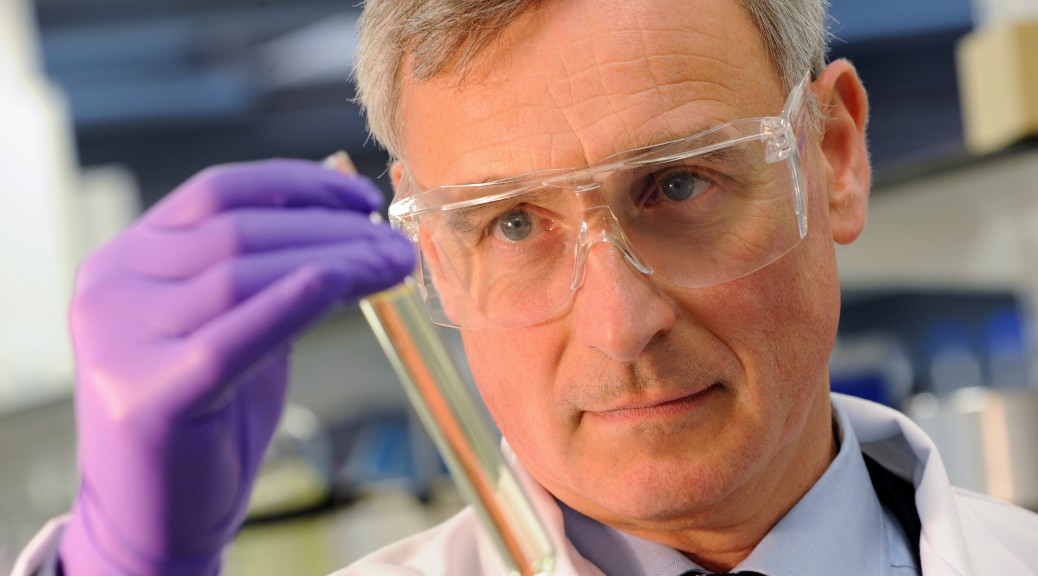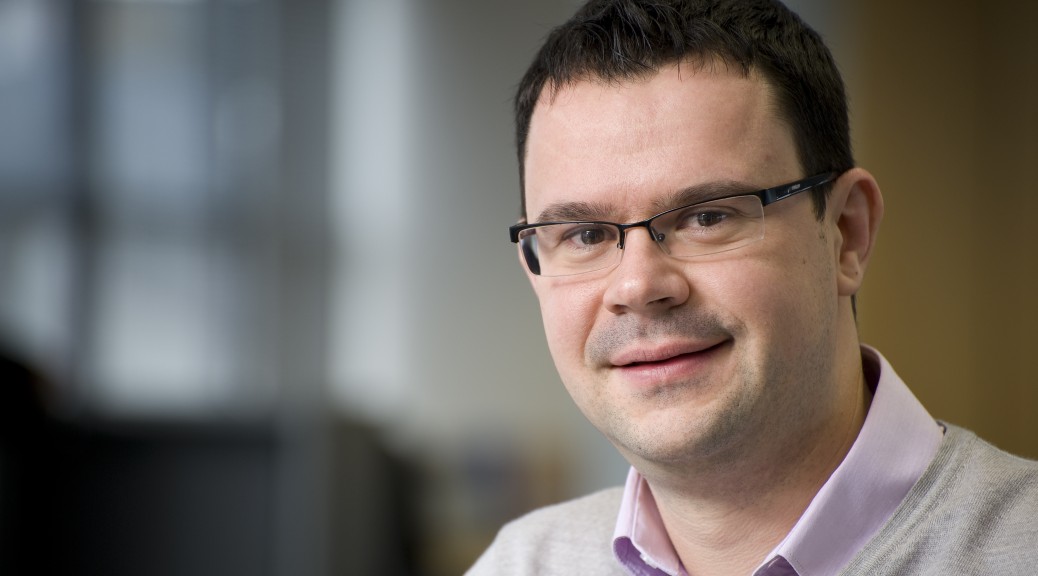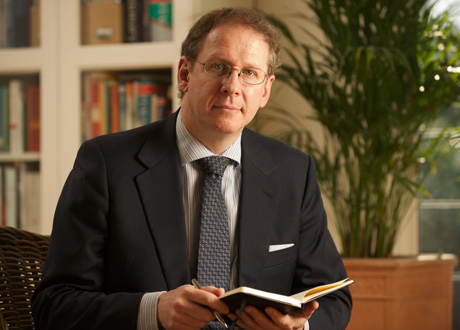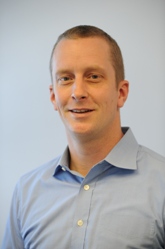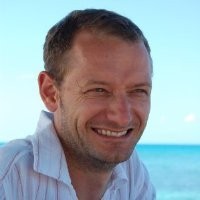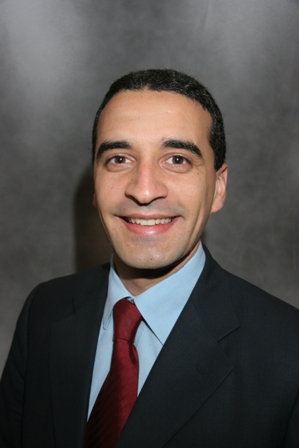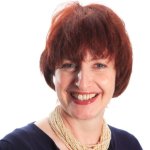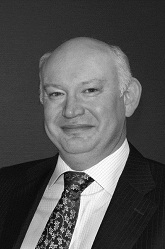
Chartered Engineer Dere Ogbe, Shell Corporate Strategy and Portfolio, who gained an SMF-sponsored MBA at LBS, tells us about his career progression.
How has the MBA galvanised your career?
The greatest benefit I derived from my MBA was acquiring the skills to tackle problems holistically; through case studies and class lessons, I learnt how to use different concepts and analytical tools to solve wide-ranging problems. This training has given me the foundation to switch from a technical to a broader management career.
With this foundation, I joined Shell as a senior strategy and portfolio consultant with the ability to lead both technical and commercial strategy projects. For example, I am leading a project stream that is helping shape Shell’s view of energy transition and future energy demand. This involves working with large numbers of industry experts to analyse multiple trends in consumer behaviours, demographics, government policies, and technology. With such complex issues, there is always a danger of information overload.
However, my MBA training on world economics and data analytics gave me the grounding and tools to lead the team though several workshops in analysing possible scenarios for energy demand transition, that won the team a Strategy Excellence Award.
Previously, I led a mergers and acquisitions (M&A) team in the evaluation of midstream opportunities across North America. This required building financial models to analyse competitive situations across the value chain. The resulting output was key to making the case for the project’s recommendations. This would have been difficult without the financial knowledge gained while earning my MBA. Possessing an MBA has definitely galvanised my career by enabling me to broaden from a technical leader to a business leader.
In addition to professional advancement, the scholarship and resultant MBA has given me the tools and inspiration to give back through taking part in voluntarily social impact projects such as www.africacart.com, which aims to connect artisans in Africa to the international market; and www.africafa.com, which is developing grassroots football leagues for African youths and providing coaching support for African academics.
After 12 years in industry, what spurred you on to pursue an MBA?
Before my MBA, I was a senior operations excellence engineer at BP Exploration. This was a broad technical role that involved implementing best practices to drive continuous improvement across multiple joint ventures in Europe, the Middle East, and North Africa.
The role required cascading business decisions into technical requirements and gave me an awareness of how commercial choices drive project design and operational requirements. This awareness coupled with the knowledge from courses such as Managing Engineering Projects (that I undertook as part of my ImechE Continuing Professional Development) sparked my interest in business management.
In addition, given that I was already a chartered engineer with significant operational leadership experience, the timing felt right to explore a broader career route. An MBA offered the best route for me to make this switch. It also appealed to me on a personal level as an opportunity to learn about other industries, expand my professional network, and gain new perspectives.
What were your expectations before you started to earn an MBA?
I had two key expectations in advance of undertaking my MBA:
My first expectation was that an MBA would broaden my world. The MBA exceeded this expectation, as it not only exposed me to a broader set of commercial and social viewpoints but also gave me the chance to interact with CEOs, corporate founders, political leaders, and accomplished alumni. These interactions broadened my horizons and made me more willing to step out of my comfort zone and strive for ambitious goals.
My second expectation was that an MBA would provide me with a new set of skills and areas of expertise. Again, I feel this expectation was met, as the London Business School MBA Program not only provided me with a solid grounding in finance, also enhanced my data analytical and leadership skills.
What difference did the SMF scholarship make?
Finances were a serious consideration for me as I had to defer my first MBA offer because I had insufficient saving. The SMF scholarship not only made the MBA attainable but was key to reducing my family’s anxiety about financing my continued education. Without the SMF scholarship, I would not have been unable to take full advantage of the MBA opportunity.
How did you learn about the SMF scholarship?
I first learned about SMF during my preparation to become a chartered engineer. However, it was while doing my research into business schools that I found out more about the scholarship, which is available at the only top business schools.
What was the scholarship application process like?
I enjoyed the process. There is a strong vision behind the scholarship that is evident in the application process, which requires applicants to reflect on what they hope to accomplish by having an MBA. For example, I had to get references from two senior leaders at my employer, which meant discussing my plans with them and getting their honest assessment of my achievements and post-MBA plans. These discussions made me better prepared to make use of the MBA and to pursue the right opportunities.
The interview stage of the application process was very friendly and encouraging. I was interviewed by a chartered engineer and a Fellow who both gave encouraging comments. The best part, of course, was receiving the positive news of having been awarded the scholarship.
How much did the MBA contribute to you getting the type of job you wanted?
One hundred percent! It is very unlikely I would have attained my post-MBA position without having earned the degree, as I would not have had the experience or training for the role.
How is your MBA experience helping you in your new role?
It has made me more comfortable leading a wider range of people with different technical and commercial expertise. It has also given me the necessary financial, strategic, and commercial skills to quickly analyse problems and propose possible solutions. With these refined skills, I can jump into projects and get up to speed quickly.
In addition, the intense case studies approach during the MBA practices makes leading strategy projects feel like second nature and it has increased my ability to seek and incorporate diverse viewpoints in building a strategic response.
What especially do you love about your job at Shell?
As a senior strategy and portfolio consultant, the part of my job I especially love is the challenge of thinking on my feet, rapidly uncovering the critical factors and creating with the team a roadmap for solving the problem. There is always a buzz at the start of every project and a key part of my role is keeping the team motivated by retaining that excitement and creativity throughout the project.
Are you active among SMF alumni?
Immediately after earning my MBA, I was not as active in alumni affairs because it was a period of tremendous change for me. More recently I have become much more involved: networking with other Fellows, attending the SMF annual dinners, and joining in the fundraising campaigns. I’m deeply inspired by the achievements of the SMF alumni, and the chance to networking and building relationships with senior alumni is one of the key benefits of being an SMF alumni.
Would you recommend the scholarship?
I’m biased, but yes! I highly recommend both the SMF scholarship and what it represents—the advancement of engineering talent to managerial and board positions in technical industries. With the help of SMF scholarship, skilled engineers can grow from their technical base of knowledge into broader commercial skills. The scholarship brand itself is highly prestigious as it signals a commitment to excellence in both the technical and managerial fields.
What tips would you give to a potential scholarship applicant?
The scholarship is a means to an end—the first focus of any applicant must be on the end goal, what they hope to achieve in their professional life with an MBA. if they are clear on this it will make the scholarship application easier. Secondly, I would recommend making the best use of the great networking opportunities that both the MBA and SMF provide.
Visit the scholarship page to learn about making an application.





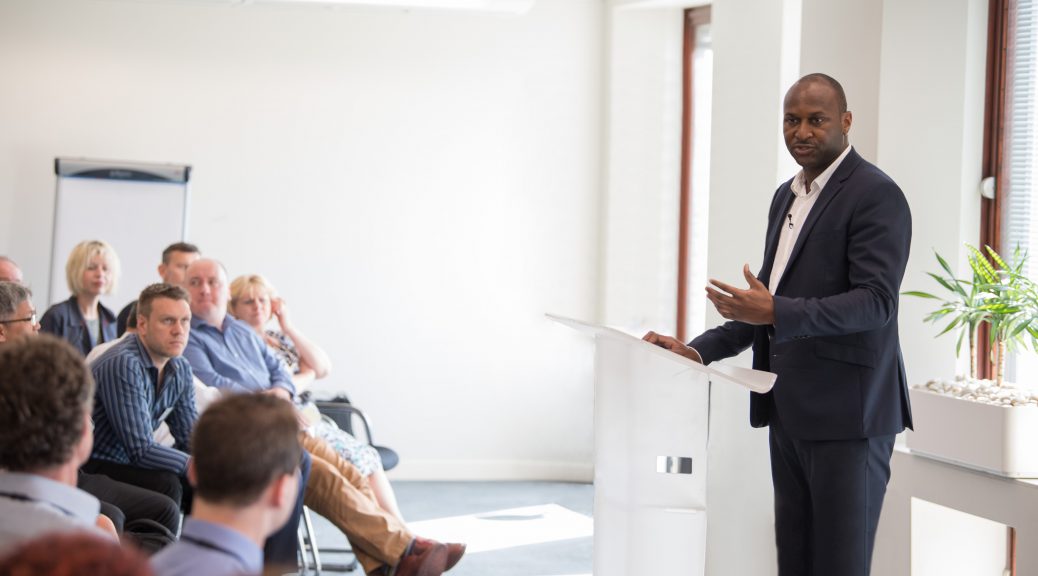
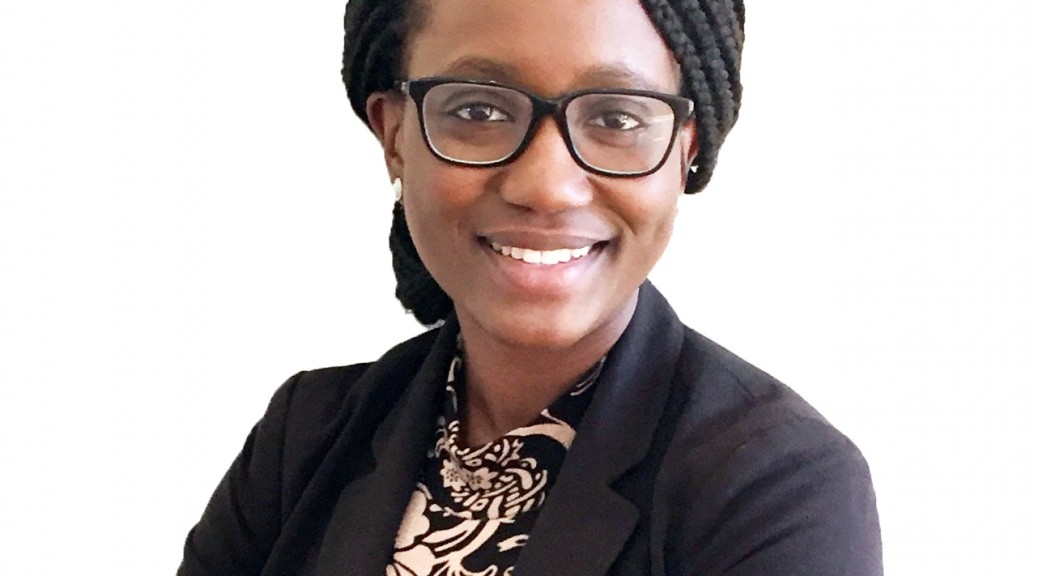

 John Collins MEng MPhil MCIHT
John Collins MEng MPhil MCIHT Evi Giamouzi MEng MSc
Evi Giamouzi MEng MSc Christopher Hughes MEng (Hons) CEng
Christopher Hughes MEng (Hons) CEng William Jones MEng
William Jones MEng Eirini Koukaki MEng MSc, MIET
Eirini Koukaki MEng MSc, MIET  Sinead O’Sullivan BEng, MS Aero
Sinead O’Sullivan BEng, MS Aero Pierre-Nicolas Queyroux MEng
Pierre-Nicolas Queyroux MEng Mohammad Saquib MEng (Hons), CEng
Mohammad Saquib MEng (Hons), CEng 